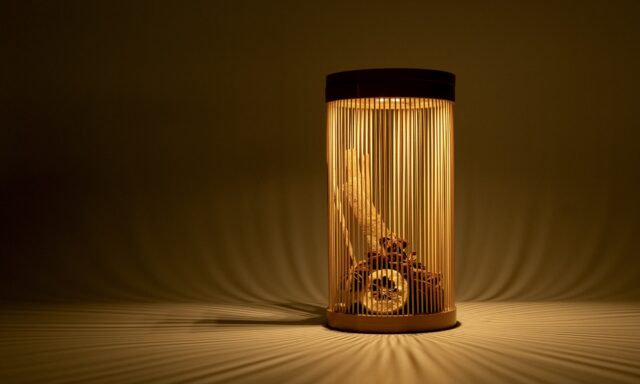Newly Launched “Yakiiro” Chopstick Rest by MIYAMA
New Products VOL.19
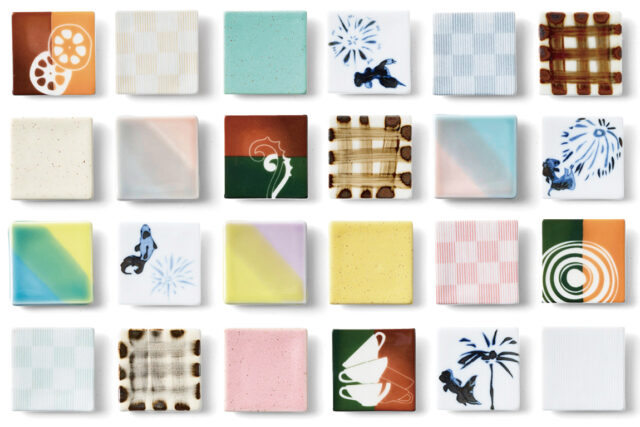

VOL.1-19
Update
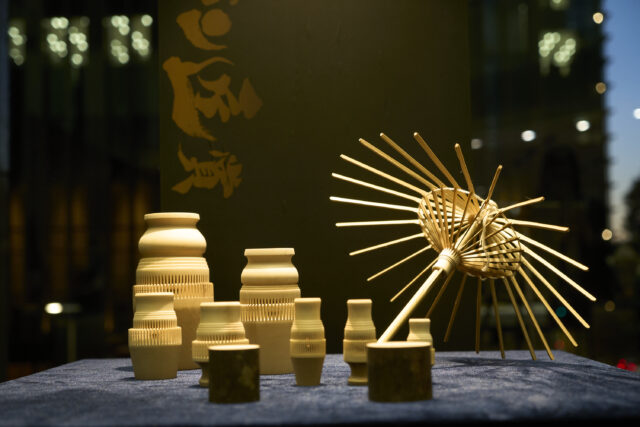
VOL.1-27
Update
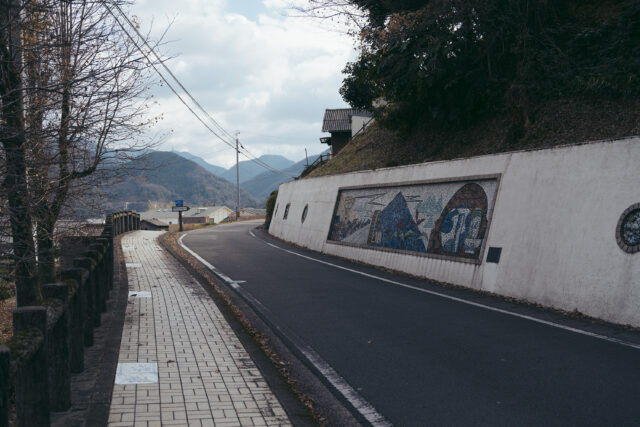
VOL.1-4
Update
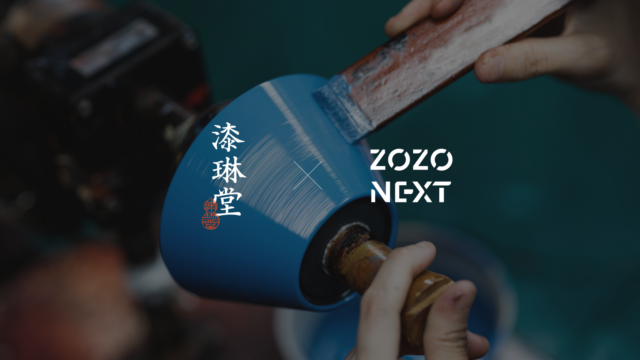
VOL.1-19
Update
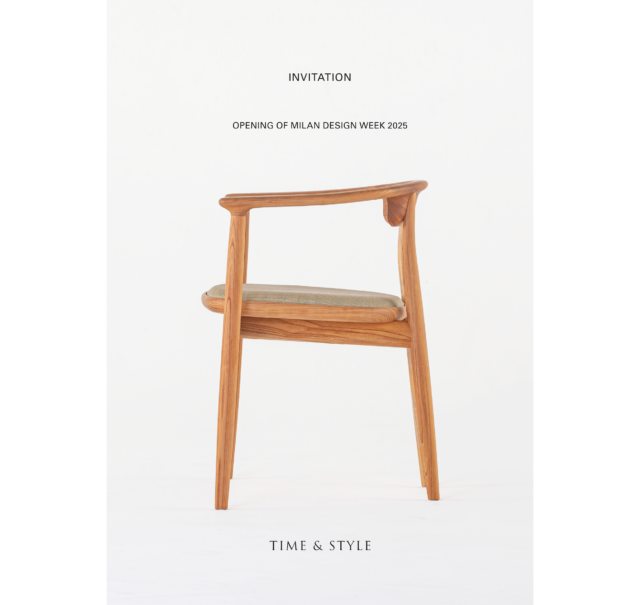
VOL.1-43
Update
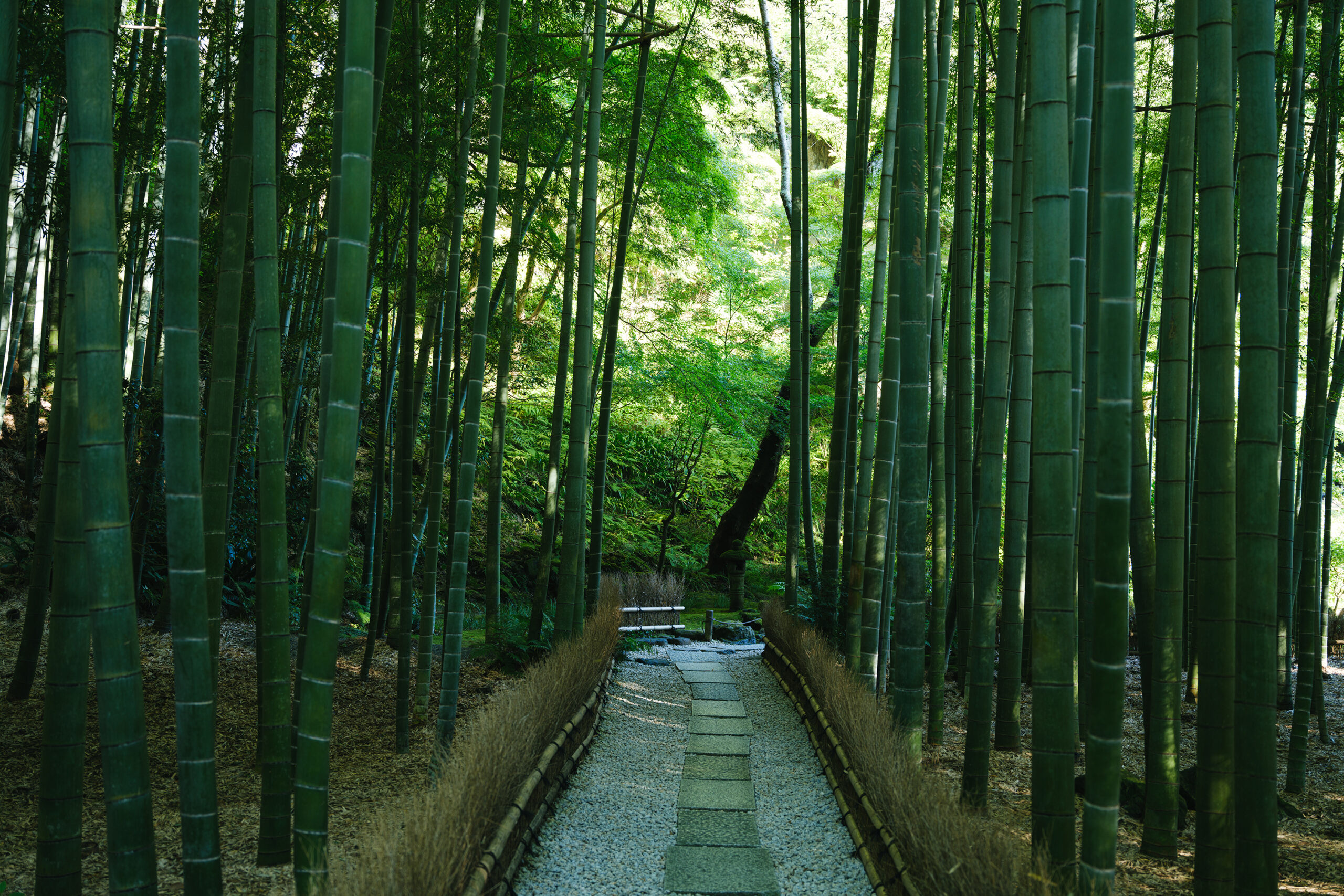
VOL.1-2
Update
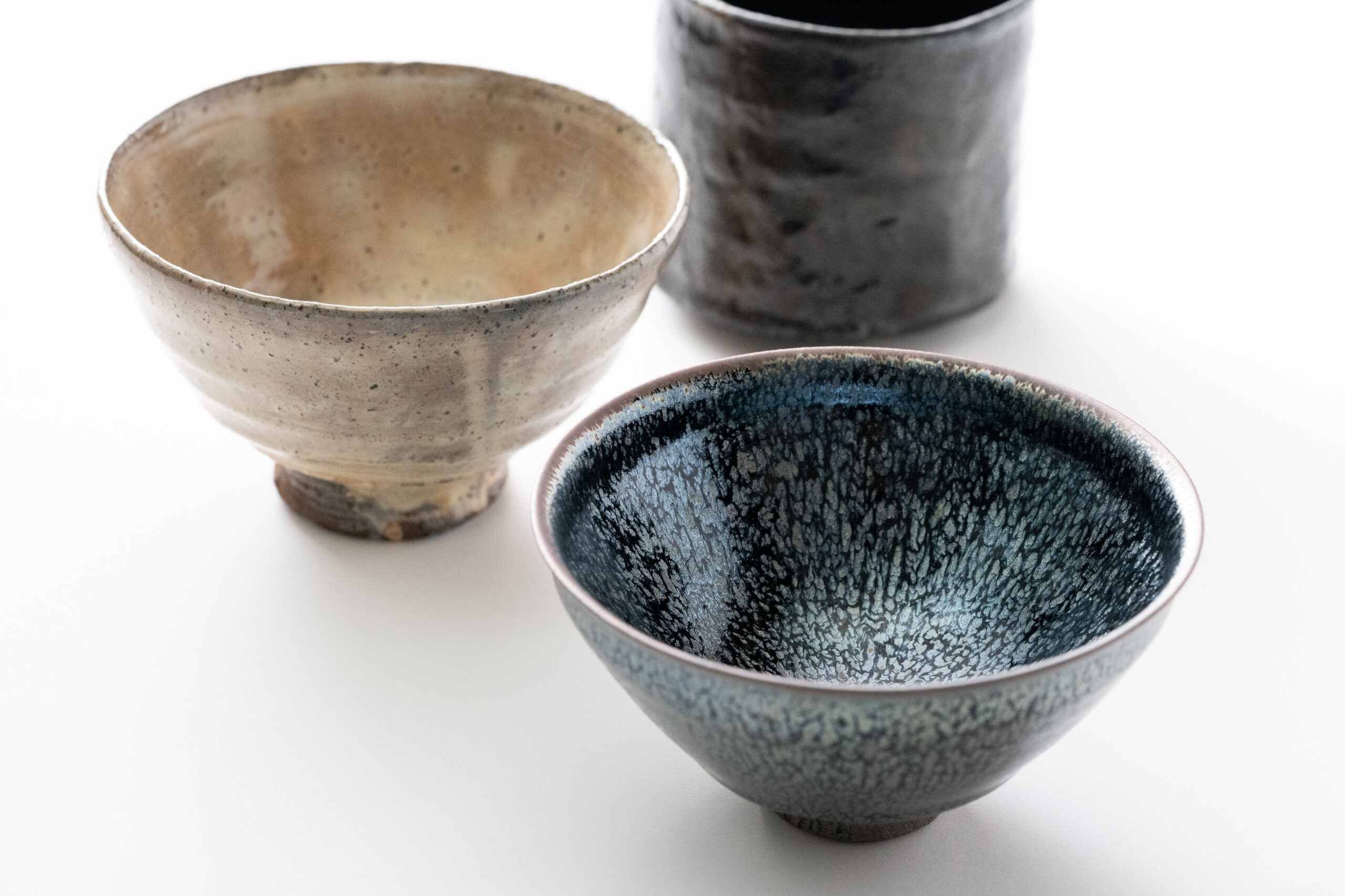
VOL.1-3
Update

VOL.1
Update
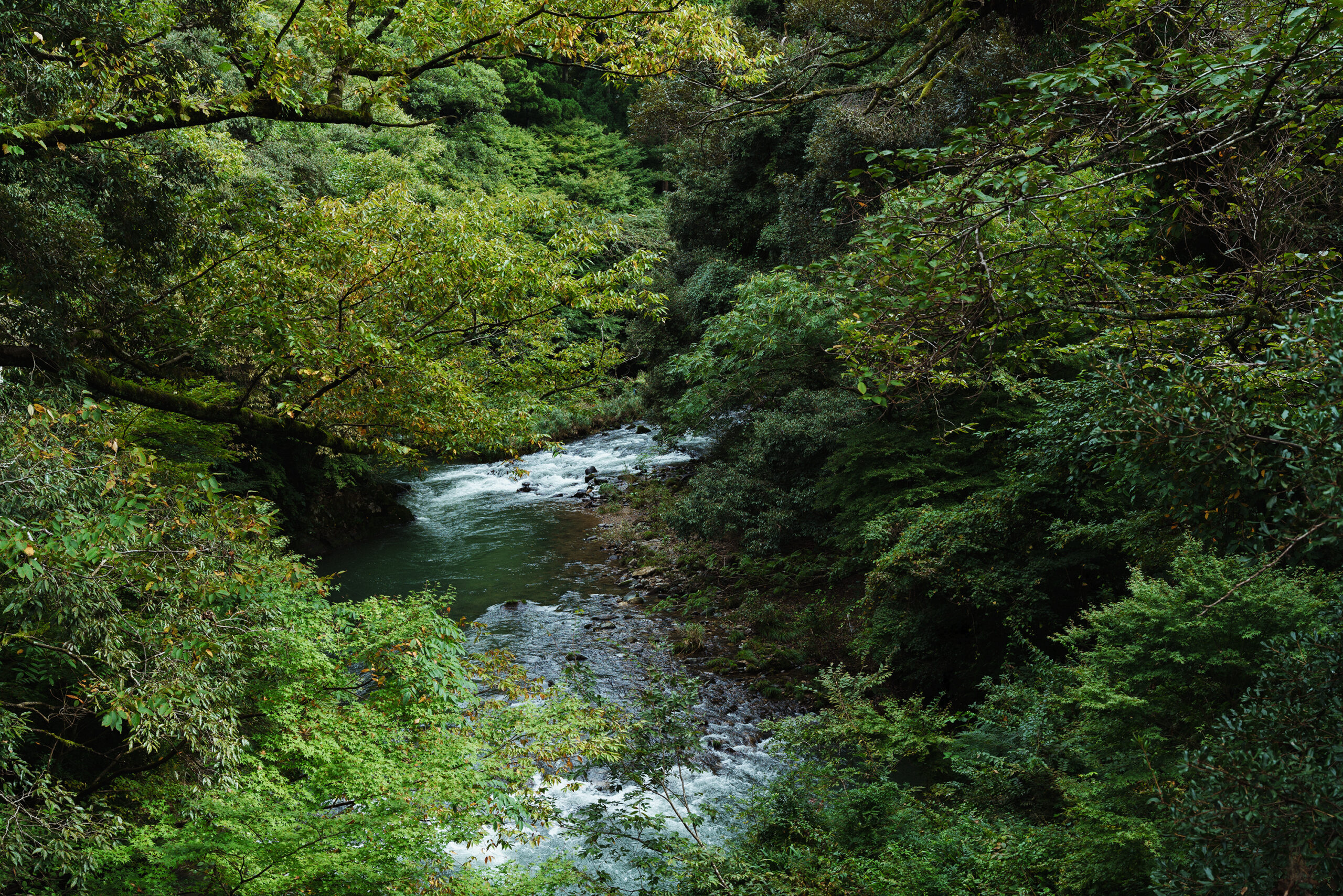
VOL.1-7
Update
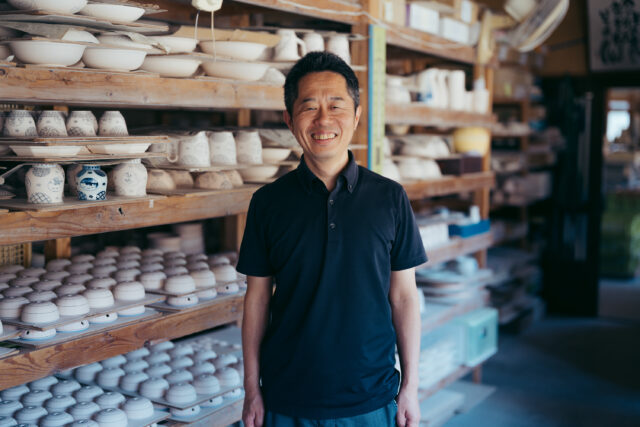
VOL.1-32
Update
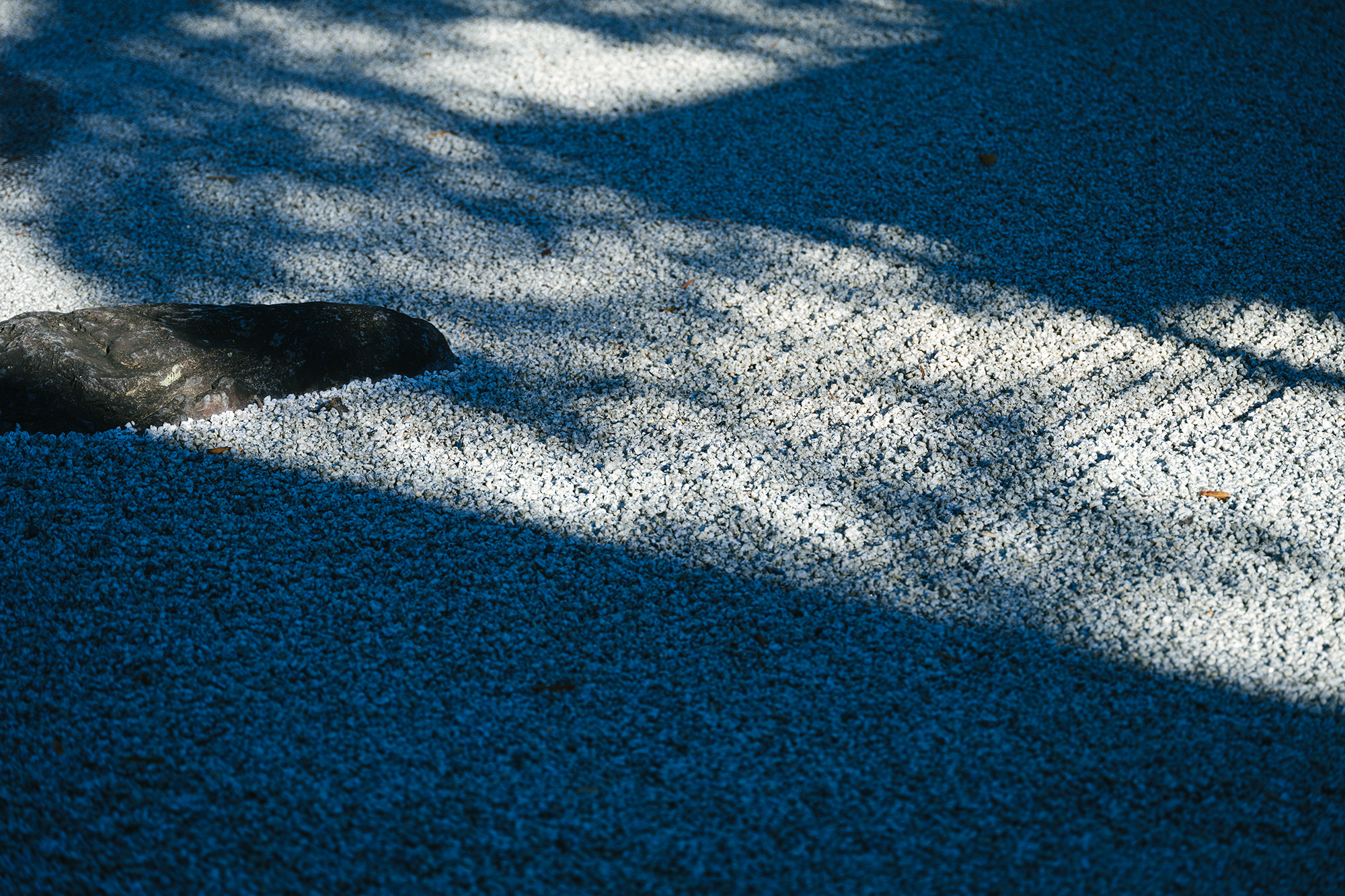
VOL.1-12
Update
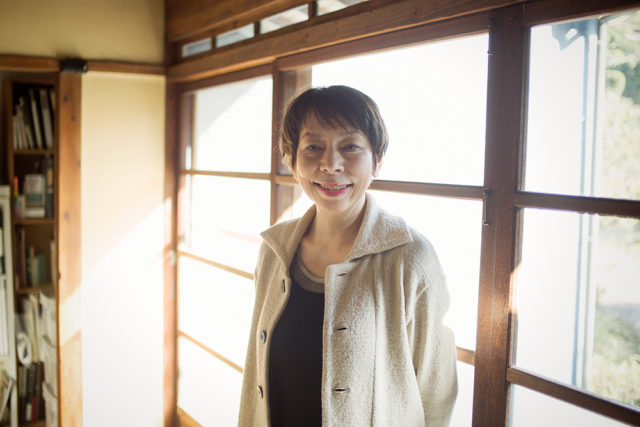
VOL.1
Update
We share a variety of information and perspectives on Japanese crafts, including exhibition information and interviews.
New Products VOL.19
Exhibition • Event Report VOL.27 AD
New Products VOL.18
Editor's Column "Craft Production Regions" VOL.4 AD
Jun 29 – Sep 7, 2025
Midorigaoka Art Museum Annex
Jul 12 – Aug 24, 2025
MIHO MUSEUM
Jul 12 – Sep 28, 2025
Bizen City Museum of Art
Ishikawa
Jul 12 – Oct 19, 2025
Notojima Glass Art Museum

Haibara started its business in 1806 as a kiosk in the Nihonbashi area of Tokyo. In an era when paper was an indispensable item in daily life, “Ganpi” which is a type of paper made from the high-quality ganpi plant was a popular choice for writing. Haibara’s circular fans and folding fans were often given diverse designs by well-known painters using woodblock printing and during the Meiji period, their washi (Japanese paper) works were displayed at the World Expo and were highly valued by overseas countries. As new technology and industries developed overseas, Japanese companies began to import advance measuring and recording instruments and Haibara was the first company to develop and produce Japan’s first recording paper chart for use with these equipment.
Haibara is committed to woodblock printing over the long term. Woodblock printing is created by pressing Japanese paper against an inked wood block that has imagery carved into it. Since its founding till modern times, woodblock printed paper stationeries in vivid colors have featured prominently in Haibara’s product line-up. Also, the company has a large stored archive of a type of Japanese paper called “chiyogami”. These papers were designed by outstanding artists from the Meiji period to the Showa period. Haibara has started to reprint them in recent years.
Currently, Haibara is run by Mr. Tatsuo Nakamura, the seventh generation head who is responsible for the management of the company. He has continued on his efforts to go back to basics and this include the revival of the original patterns of Haibara. In 2016, their flagship shop in Nihonbashi won the Good Design Award. In the shop they tie “Mizuhiki” or put “Noshi” on gifts according to the occasion, conveying the courtesy and manners of Japan. Haibara continues to propose “living with Japanese paper” to their customers.
